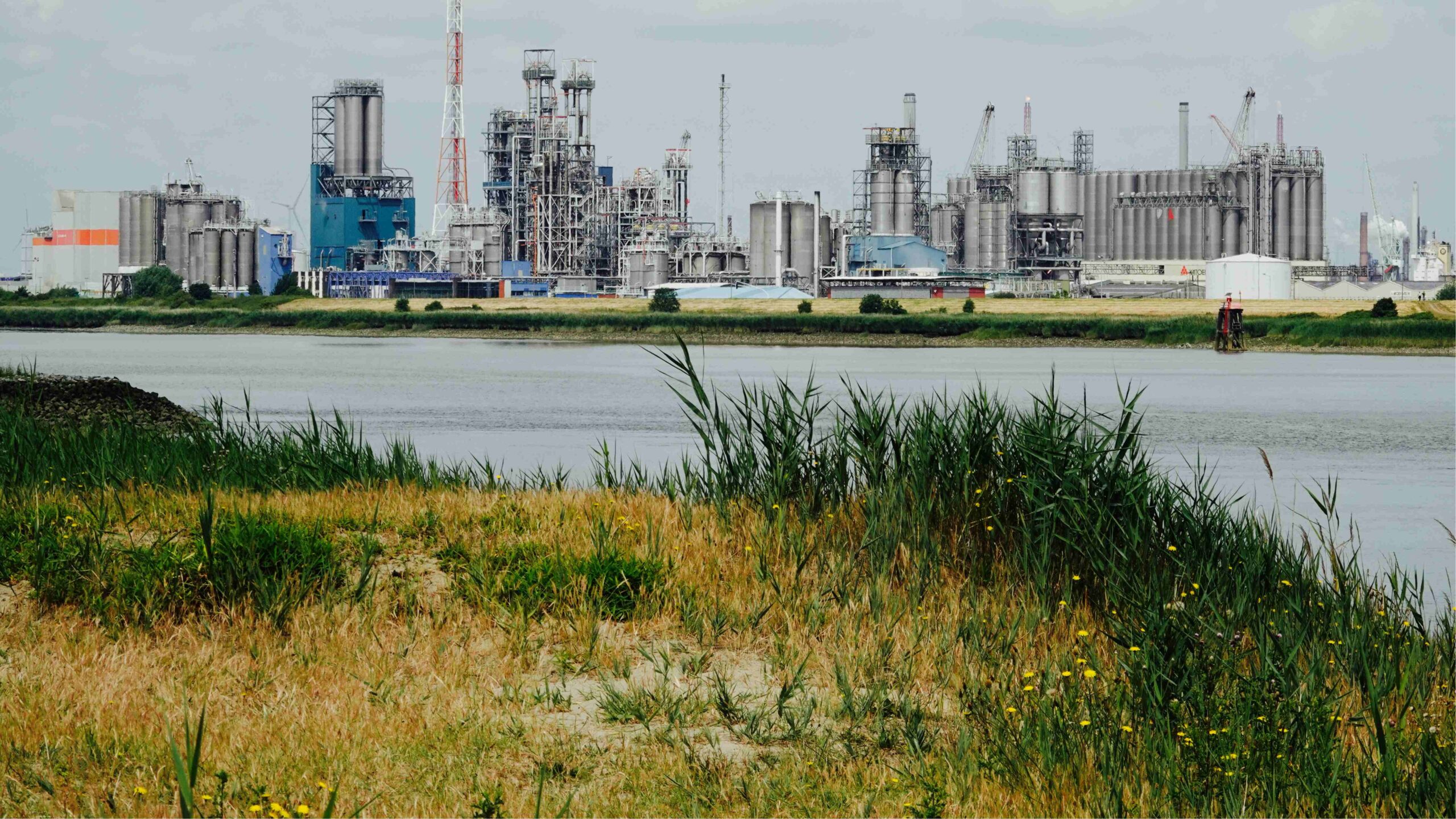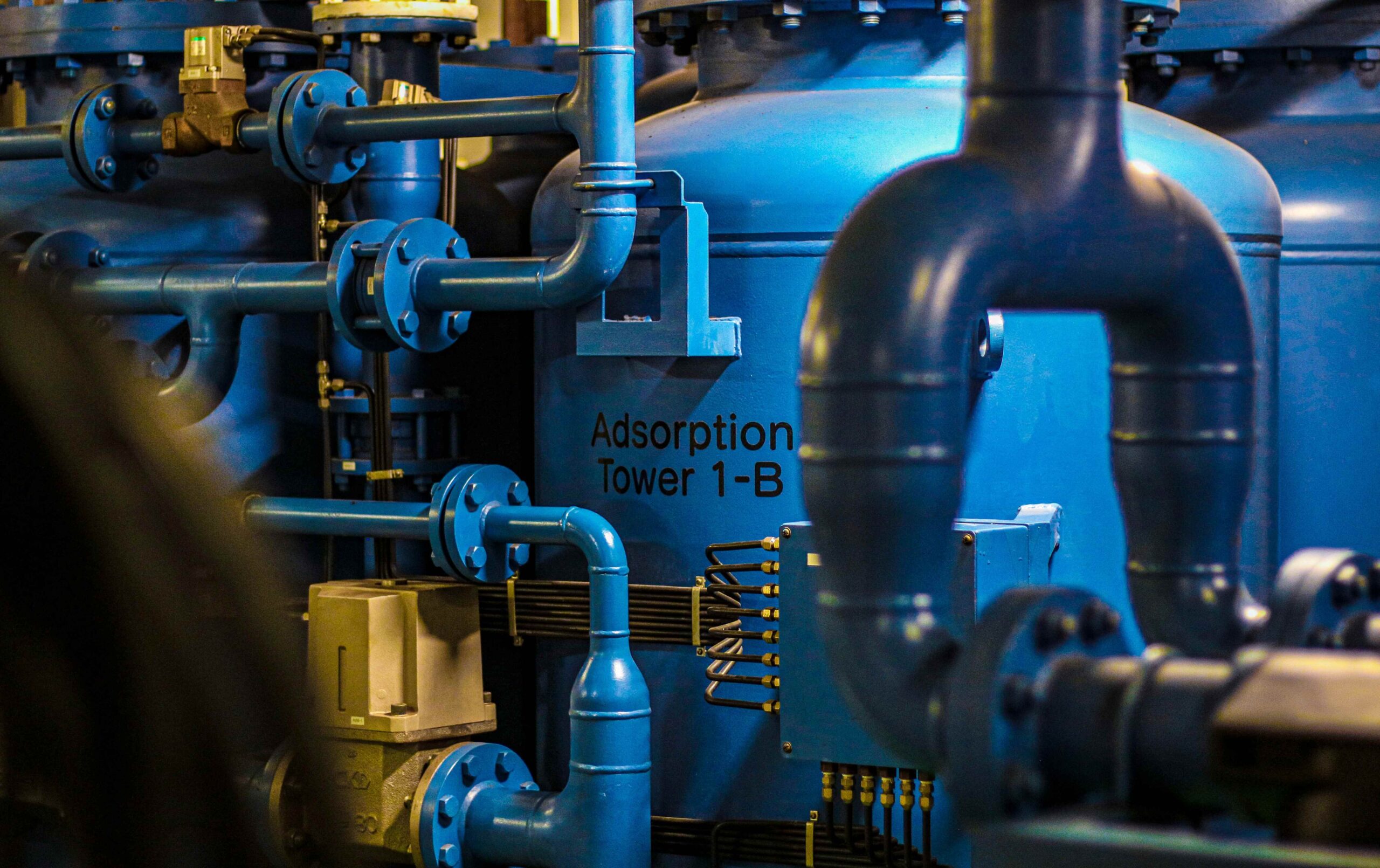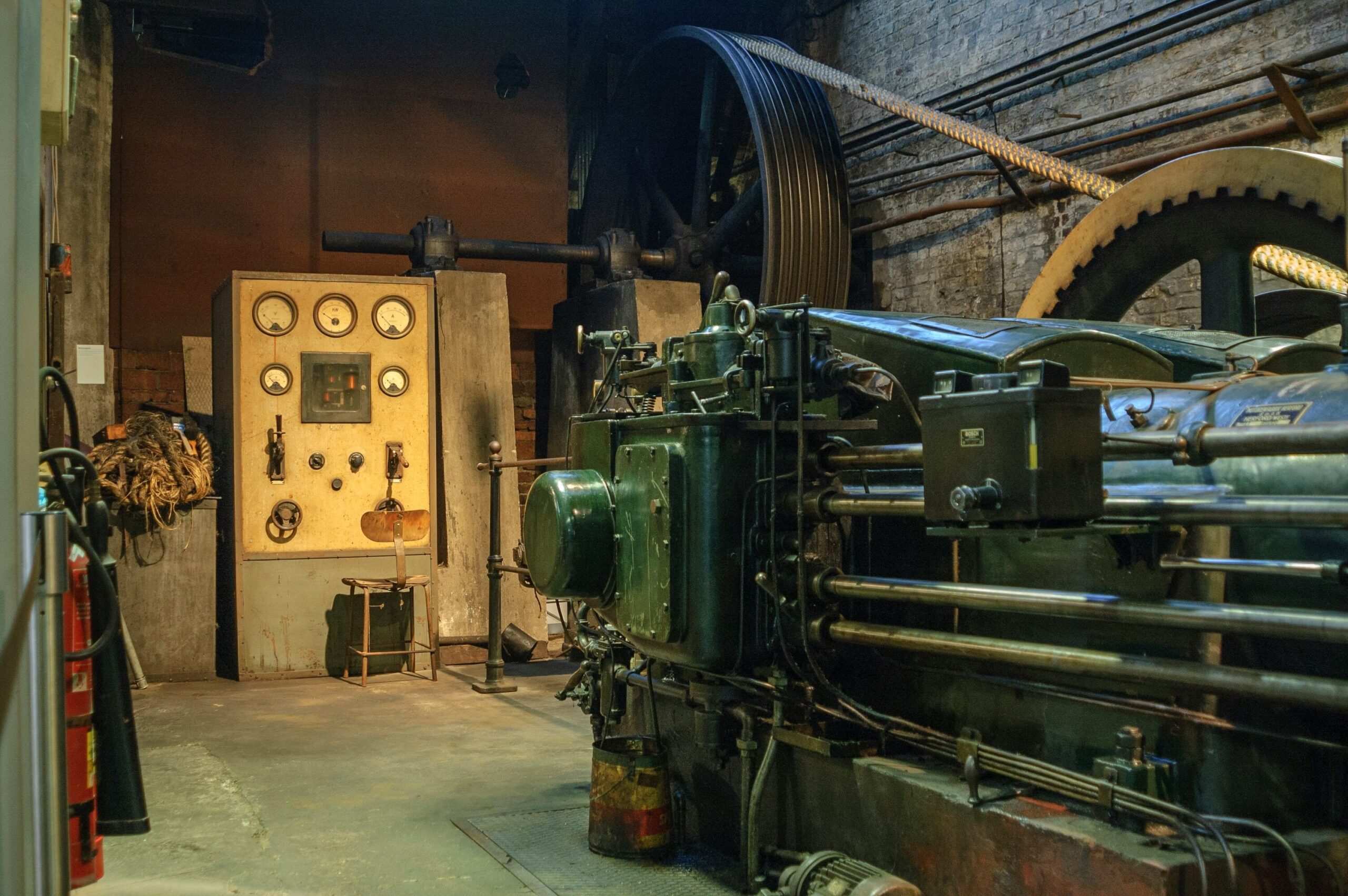Economic Viability of Retrofitting Ships for Alternative Bunker Fuels
In response to global environmental pressures and stringent regulations, the maritime industry is increasingly considering retrofitting ships to utilize alternative bunker fuels as a pathway to sustainability. This article examines the economic challenges, considerations, and potential solutions associated with such retrofitting efforts. Challenges
Impact of Weather Conditions on Bunker Fuel Storage and Handling
Weather conditions exert a significant influence on the storage and handling of bunker fuel, presenting both challenges and opportunities for the maritime and industrial sectors. Bunker fuel, essential for powering ships and industrial machinery, must be stored and handled under diverse environmental conditions
Advanced Materials for Bunker Fuel Storage and Piping Systems
In the dynamic landscape of marine and industrial sectors, the evolution of bunker fuel storage and piping systems is poised for a transformative leap, driven by advancements in materials science. Traditionally, these systems have relied on robust but conventional materials like steel and
Cross-Industry Collaborations for Sustainable Bunker Fuel Solutions
Introduction The maritime industry is under increasing pressure to reduce its environmental impact and transition to more sustainable fuel options. Achieving these objectives requires innovative approaches and collaborative efforts across various sectors. Cross-industry collaborations play a pivotal role in driving significant advancements in
Regenerative Fuel Technologies and Their Applicability to Bunker Fuels
Introduction As the maritime industry seeks to reduce its environmental footprint and dependency on fossil fuels, regenerative fuel technologies have emerged as a promising solution. These technologies aim to produce fuels from renewable resources, offering the potential to significantly lower greenhouse gas emissions.
Impact of Bunker Fuel Quality on Marine Engine Wear and Tear
Introduction The quality of bunker fuel plays a pivotal role in the performance and longevity of marine engines. Variations in fuel quality can significantly impact engine wear and tear, influencing maintenance schedules, operational costs, and overall vessel efficiency. This article examines how bunker
Optimization of Ship Route Planning for Reduced Bunker Fuel Consumption
Introduction With growing pressure to reduce environmental impacts and operating costs, the maritime industry is focusing on optimizing ship route planning to lower bunker fuel consumption. Advanced route planning techniques and technologies can significantly cut fuel usage, reduce emissions, and enhance operational efficiency.
Technological Innovations in Bunker Fuel Heat Exchangers
Introduction In the maritime industry, heat exchangers are crucial for maintaining bunker fuel systems. These devices are responsible for heating heavy fuel oil (HFO) to the necessary temperature for optimal combustion in marine engines. With increasing environmental regulations and demands for higher efficiency,
Impact of COVID-19 on the Bunker Fuel Industry
Introduction The COVID-19 pandemic has profoundly affected global industries, and the bunker fuel industry is no exception. Bunker fuel, essential for the maritime industry, experienced significant disruptions due to the pandemic. From decreased demand and fluctuating prices to regulatory challenges and changes in
Bunker Fuel Spill Response Strategies and Technologies
Introduction Bunker fuel, a heavy and viscous type of fuel oil used in marine vessels, poses significant environmental threats when spilled. Its complex composition, including high sulfur content and heavy metals, makes it particularly challenging to manage and mitigate. Effective response strategies and










